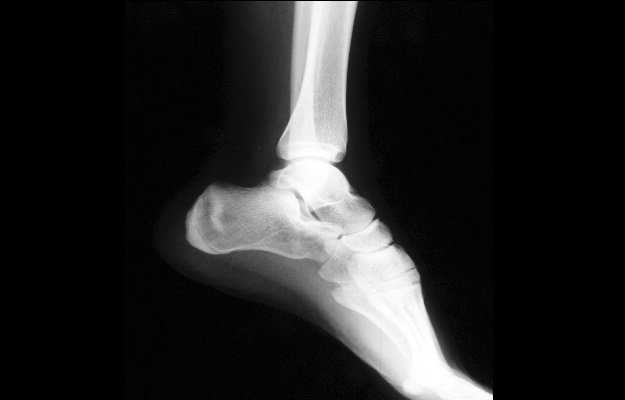What is hypercalcaemia?
Hypercalcaemia refers to the corrected total serum calcium value which is above the normal range or an elevated ionised calcium in the blood. Hypercalcaemia affects 0.5% to 1% of the general population. Excessive calcium in the body affects vital organs like the heart, kidney and brain, and causes weakening of bones.
What are its main signs and symptoms?
Common symptoms:
- Central nervous system: stupor, lethargy, coma, mental changes, psychosis
- Digestive system: anorexia, acid peptic disease, constipation, pancreatitis
- Kidneys: nephrolithiasis, polyuria
- Musculoskeletal system: arthralgia, myalgia
- Vascular system: hypertension
Occasionally occurring severe symptoms may include:
- Sinus arrest
- Disturbances in conduction of the heart
- Symptoms that mimic myocardial infarction
What are the main causes?
Common causes of hypercalcaemia include:
- Overactive parathyroid gland because of enlargement of the gland
- Excessive production of the parathyroid hormone because of a growth on one of the parathyroid glands
Other causes include:
- Cancers such as lung and breast cancer along with the metastatic spread of cancer to bones
- Diseases like tuberculosis and sarcoidosis
- Hereditary factors
- Excessive intake of calcium and vitamin D supplements, lithium and diuretic medications
- Immobility where one may lie in bed or remain inactive for weeks
- Chronic kidney disease
- Severe dehydration
- Postmenopausal women are at a higher risk for hypercalcaemia
How is it diagnosed and treated?
A routine blood test called complete blood count along with a few other investigations aid in diagnosing hypercalcaemia.
Your doctor may also recommend additional tests to diagnose any suspected underlying health condition.
Investigations include:
- Tests to measure serum calcium, parathyroid hormone and vitamin D levels
- Tests to measure urine calcium levels
Your doctor may recommend medications to control your blood calcium level.
In case of primary hyperparathyroidism, one may have to undergo surgery.
Severe hypercalcaemia may require intravenous fluid therapy and medications like bisphosphonates, steroids or diuretics.
Your doctor may advise dialysis in case of kidney failure.

 Doctors for Hypercalcemia
Doctors for Hypercalcemia  OTC Medicines for Hypercalcemia
OTC Medicines for Hypercalcemia



















